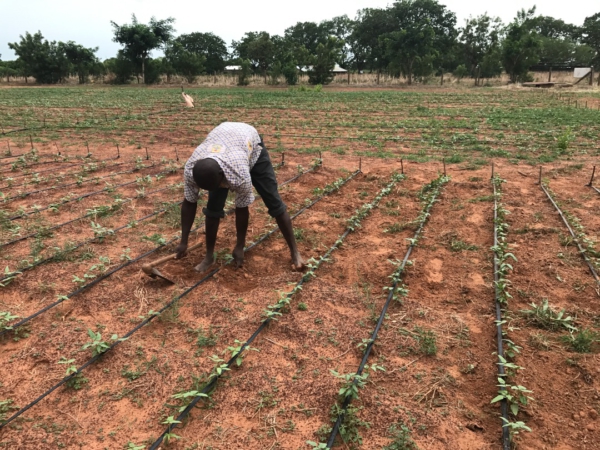- Chinese finance minister hints at increasing the deficit at highly anticipated briefing
- One-third of European plant species could be in trouble due to declining seed disperser populations
- Researchers examine potential population decline in the gray fox
- Plant stem cells: Understanding the biological mechanism of growth control
- Eastern Pacific study highlights severe cold-water bleaching as an additional threat to deep reef ecosystems
What do you believe is the single most important factor driving up the cost of living in Nigeria?

Declines in plant resilience threaten carbon storage in the Arctic
Rapid warming has impacted the northern ecosystem so significantly that scientists are concerned the region's vegetation is losing the ability to recover from climate shocks, suggests a new study.
Their findings revealed that due to frequent disturbances like wildfires that raze down vegetation and persistent drought and deforestation that starve both the land and wildlife, the resilience of many plant communities in southern boreal forests—or their ability to recover after these events—significantly decreased over time.
This may affect the Arctic carbon budget, foreshadowing a future where the region is likely to become a carbon source instead of remaining a carbon sink due to its limited capacity to absorb atmospheric carbon dioxide in the coming decades.
This is because Arctic and boreal regions have warmed several times faster than other places around the globe and further warming is expected in the near future, said Yue Zhang, lead author of the study and a graduate student in Earth sciences at The Ohio State University.
"When we talk about the response of forests to climate change, most of the time we're thinking about the tropical rainforest," said Zhang. "But remote boreal forests are really important in terms of their vast extent, large carbon storage and potential to mitigate climate change."





- October 11, 2024
Ghana Youth Agriculture Summit set for October 25 at UPSA



- October 12, 2024
New algorithm helps read QR codes on uneven surfaces



- October 11, 2024
Gazing at your dog can connect your brains, research suggests
Subscribe to our mailing list to get the new updates!

Subscribe our newsletter to stay updated
Thank you for subscribing!



